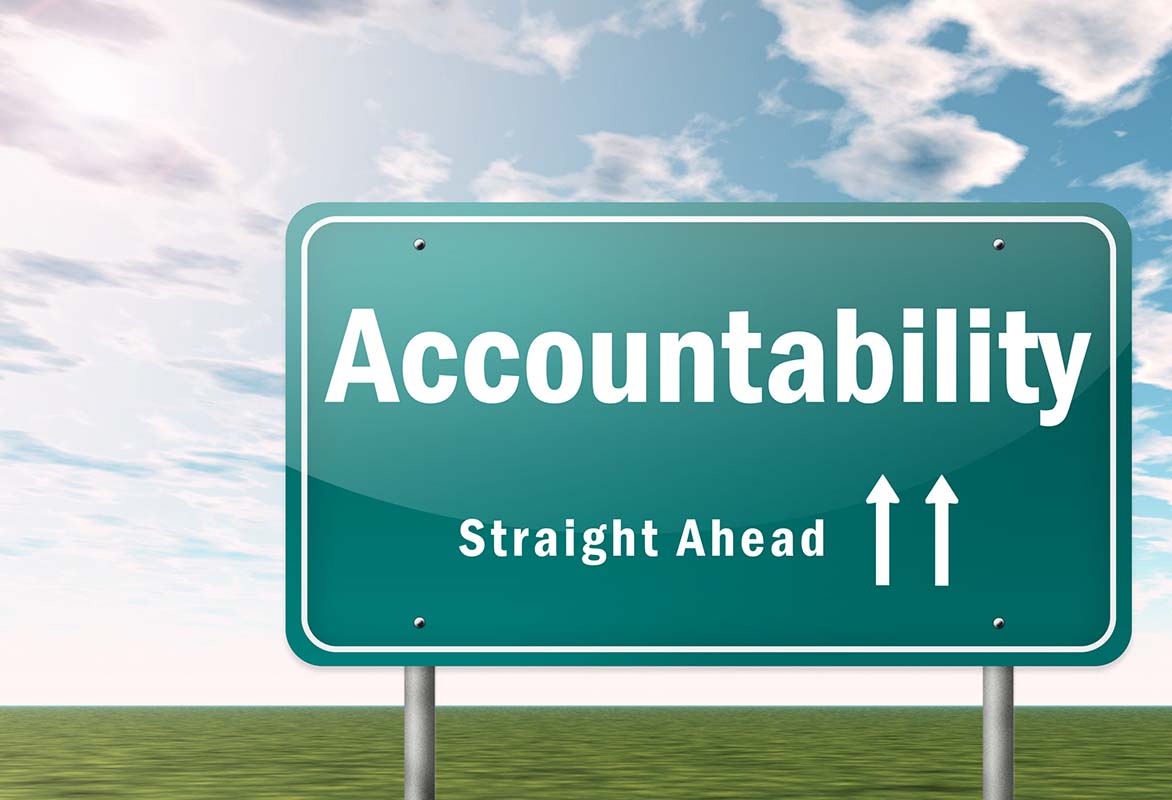Traditional Outsourced Sales Management is most often delivered in one of two models, a complete…

Whose Responsible for Sales Motivation?
I received a question on motivation today. “What’s the best way to motivate a sales team without high pressure?” Before going into the details and do’s and don’ts take a look at the question. What is the question presuming? I read that it is the sales managers responsibility to provide motivation to the team. Is it?
The best ways to motivate your team without creating external pressure starts with placing the responsibility of being motivated on the individuals of the team and not the sales manager.
Take a look at the definition of motivation:
“Motivation: the reason or reasons one has for acting or behaving in a particular way or the general desire or willingness of someone to do something”
In each of these definitions the motivation comes from within a person. A sales person will decide if the reasons presented to them will cause them to act or behave in a particular way. Desire and willingness comes from within the salesperson and not something that can be given to them.
If you want to get away from high pressure, nagging, pouring more money into bonuses and cheerleading, start by not making it your responsibility as the sales manager to motivate them. When a sales manager and sales people agree that it’s the sales persons responsibility to be motivated each day, it frees the sales manager up to find ways to make it easier for them to stay motivated. Focus on creating an environment and culture that allows sales people to leverage the structure, education, training and incentives you provide for them to stay motivated. When you place the responsibility of motivation on the sales persons shoulders you can focus on managing what you can control rather than what you can’t (their motivation). So what can you do to support their motivation commitment? Let me share some ideas.
Most people want to do a good job. By providing a great workplace to be part of, a competitive product or service and a fair compensation plan you’ll lay a solid foundation for them to stay motivated.
Make sure your motivational foundations are in place
Before working hard at coming up with new ideas make sure your workplace fundamentals are in place so you’re not unintentionally providing demotivators. How are you doing on the following?
- Clear expectations
- Current job descriptions written and understood
- Sales activity and results clearly documented, understood
- Clear understanding of the key company goals related to sales
- An effective and enjoyable workspace to achieve goals
- Effective business tools to achieve goals
- A competitive product/service at a competitive price (not cheapest price, competitive)
Education and knowledge are huge motivators
If you provide education that sales people can translate to more sales or better productivity are usually well accepted and contribute to their motivation. Allow vendors to visit your meetings regularly. Sales people are empowered with knowledge, which usually translates to motivation. You don’t need to send people away to an all day sales training if they are well versed in selling. Pick out a book to read together as a team and discuss how the reading can be applied to do their job better. You don’t need to be a teacher. Facilitate a conversation about what they are learning, then challenge them to apply the learning. Lastly follow up with them on how the new approach is working. Don’t let them off the hook; they said it would be worth applying so support them by continuing to challenge them to follow through.
Provide accountability
If you set clear expectations, you can leverage that by inspecting what you expect. Inspection or monitoring activity and results communicates the importance of the expectations. Inspection also allows the sales person to make decisions on how to improve and your meetings can become solution based with the salesperson taking the lead.
Recognize effort and activity as much or more than results
If you know which activities and effort will lead to the results you want, focus your recognition there. Recognize people privately and publicly. Copy your boss on an email acknowledgement. How easy is that? I’m not saying to stop recognizing sales results, but rather include the other behaviors when deserved.
Understand the individual motivators of each sales person
One sales rep loves contests and another resists external influence. One sales person is pumped up with money incentives and another by recognition. Working all night to make sure a customer is happy energizes one rep and another will work all night to find a lead. Rather than expecting each person to respond with motivation to your group efforts, consider setting up individual incentives they respond to better. Set up personal incentives based on what you want them to improve. Keep the time frames short so you can measure if the incentive actually does connect with their motivation.
Find ways to have more people win and include a team element
When you set up winner-take-all incentives my experience is that the top sales rep who doesn’t need much of an incentive wins most of these. Consistent producers, not the superstars find these more disappointing then motivating. To connect with more individuals, include small rewards for each person who hits a milestone and a larger prize for the top producer. You can also include a requirement of all members to hit a certain level for anyone to earn a spiff. Keep spiffs to a short time frame so they don’t become entitlements. If they’re not changing behavior, don’t repeat them.
Well that’s quite a bit to chew on. If you care to run your ideas by me, feel free to shoot me an email or give me a call, I’d be happy to be your sounding board.
Remember, you’re not responsible for someone else’s motivation. You are responsible for making sure your fundamentals are in place and your efforts are in tune with your individual team members’ internal motivators. Being in tune with each sales person motivations is an excellent skill a sales manager can work on. If it sounds interesting to you, I’d recommend the book Motivational Management by Alex Hiam. You’ll definitely be better at understanding your team and helping them tap into their motivation.
Got Motivation?




Comments (0)